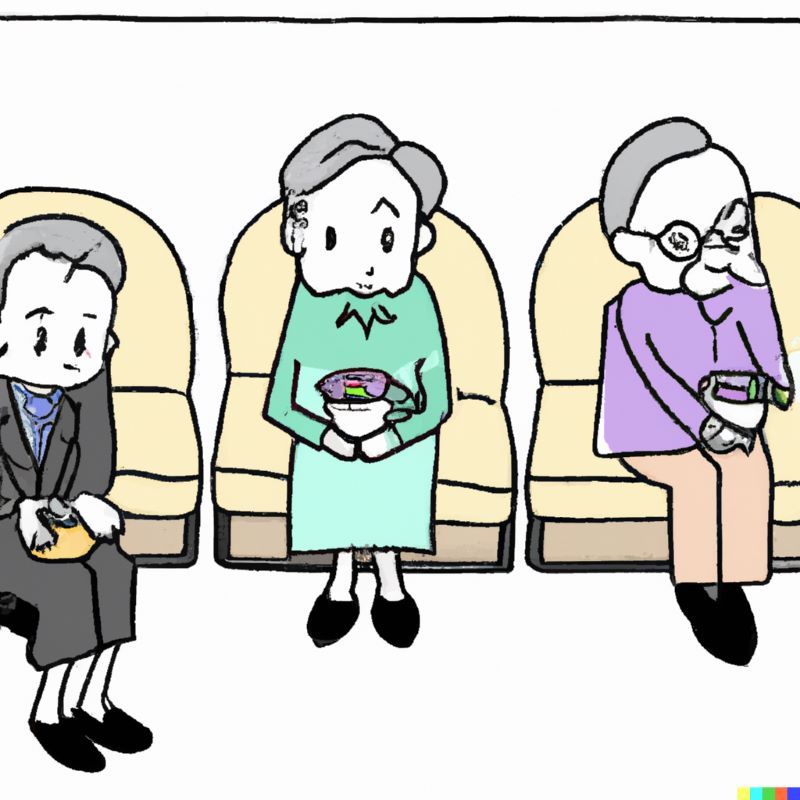The Solo Seniors: An Increasing Trend in Aging Populations
Discover the impact of a rapidly aging population on developing countries, including Mexico. Learn how small families, international migration, and lack of support systems are leaving seniors alone and facing difficult challenges in their golden years.





